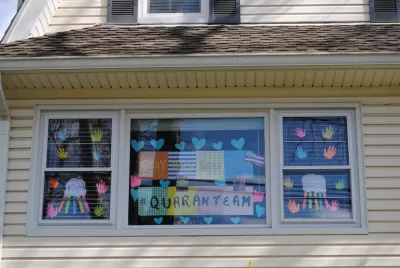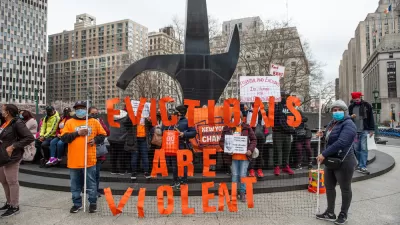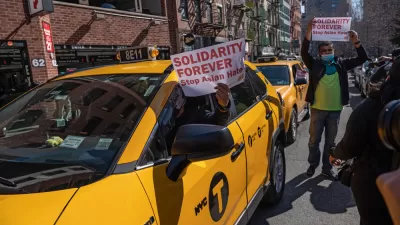Housing policy can ensure a sustainable economic recovery by focusing on five outcomes.

Planners looking for ways to "build back better," in the words of president-elect Joe Bide, have a suite of housing policy options to choose from.
Elizabeth Champion and Megan Gallagher present a detailed list of five policy outcomes that can contribute to economic stability and mobility in the recovery from the ravages of the pandemic.
"The current housing policy response focuses on two outcomes: supporting housing affordability and stability," according to the article. "Both have crucial implications for all the components of upward mobility but are likely to fall short of fully supporting equitable housing recovery that strengthens future resiliency." To make up for that shortcoming, Champion and Gallagher propose three additional outcomes as a goal for planners and policymakers. Here is how the article lists the five outcomes in total, with much more detail included in the source article:
- Housing affordability can promote multiple dimensions of mobility.
- Housing stability encourages civic engagement and promotes economic success, power, and belonging.
- Housing quality can have long-term effects on a household’s autonomy and economic success.
- Housing that builds wealth can offer homeowners a resource for investments in education, health, and other opportunities.
- Neighborhood context can influence upward mobility, with some “high-opportunity” neighborhoods offering more advantages.
The long-term recovery will require even more proactive work toward established outcomes, write the duo, "[acknowledging] the full influence of housing on a household’s power and autonomy and sense of being valued in their community as drivers of the household’s upward mobility."
FULL STORY: Five Housing Outcomes That Could Promote Long-Term Recovery from the COVID-19 Pandemic

Maui's Vacation Rental Debate Turns Ugly
Verbal attacks, misinformation campaigns and fistfights plague a high-stakes debate to convert thousands of vacation rentals into long-term housing.

Planetizen Federal Action Tracker
A weekly monitor of how Trump’s orders and actions are impacting planners and planning in America.

In Urban Planning, AI Prompting Could be the New Design Thinking
Creativity has long been key to great urban design. What if we see AI as our new creative partner?

California Creates Housing-Focused Agency
Previously, the state’s housing and homelessness programs fell under a grabbag department that also regulates the alcohol industry, car mechanics, and horse racing.

Chicago’s Ghost Rails
Just beneath the surface of the modern city lie the remnants of its expansive early 20th-century streetcar system.

Baker Creek Pavilion: Blending Nature and Architecture in Knoxville
Knoxville’s urban wilderness planning initiative unveils the "Baker Creek Pavilion" to increase the city's access to green spaces.
Urban Design for Planners 1: Software Tools
This six-course series explores essential urban design concepts using open source software and equips planners with the tools they need to participate fully in the urban design process.
Planning for Universal Design
Learn the tools for implementing Universal Design in planning regulations.
planning NEXT
Appalachian Highlands Housing Partners
Mpact (founded as Rail~Volution)
City of Camden Redevelopment Agency
City of Astoria
City of Portland
City of Laramie





























